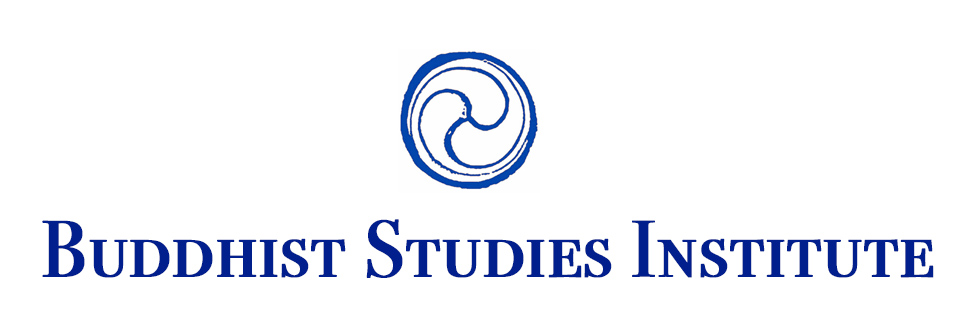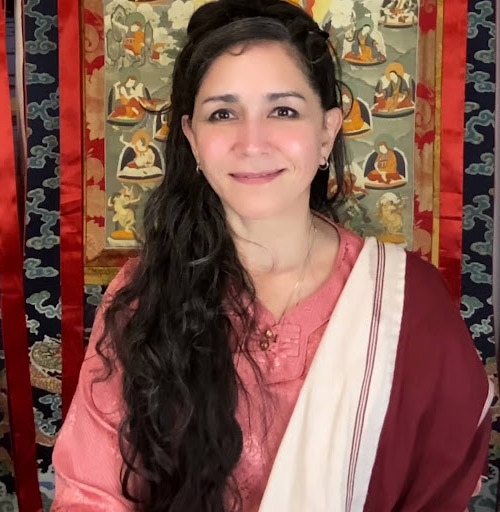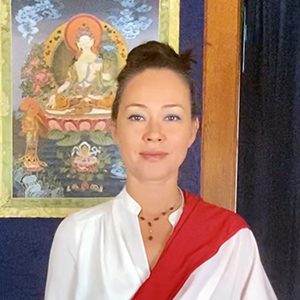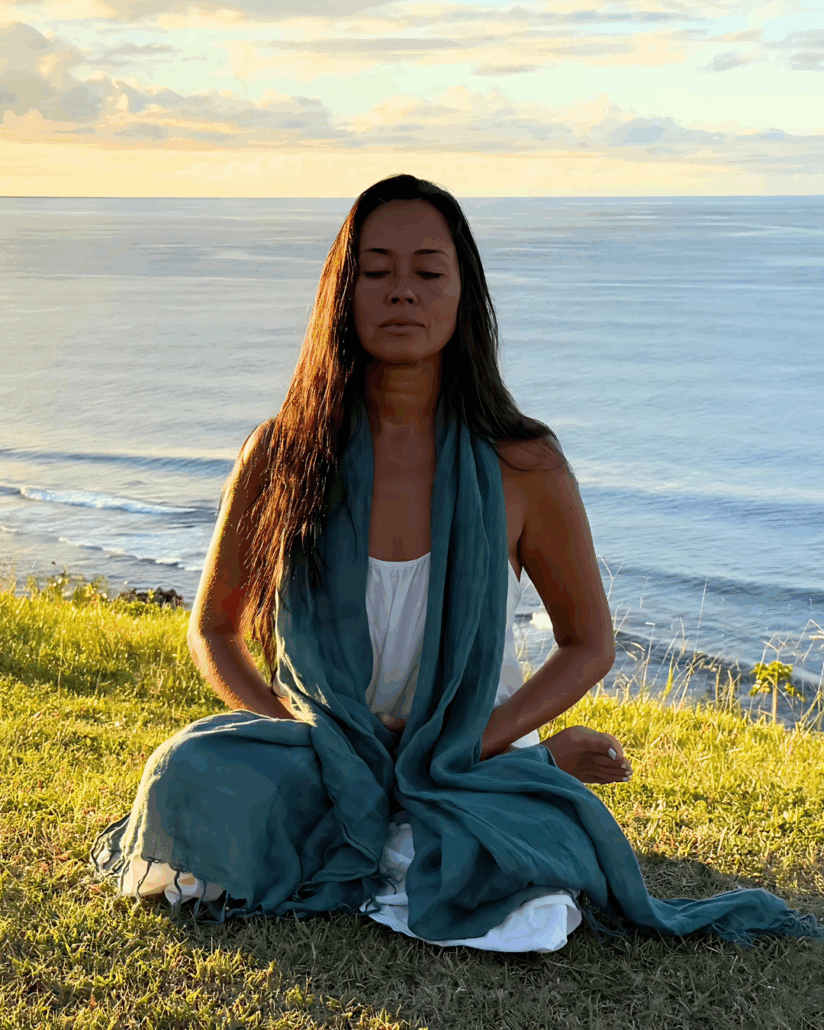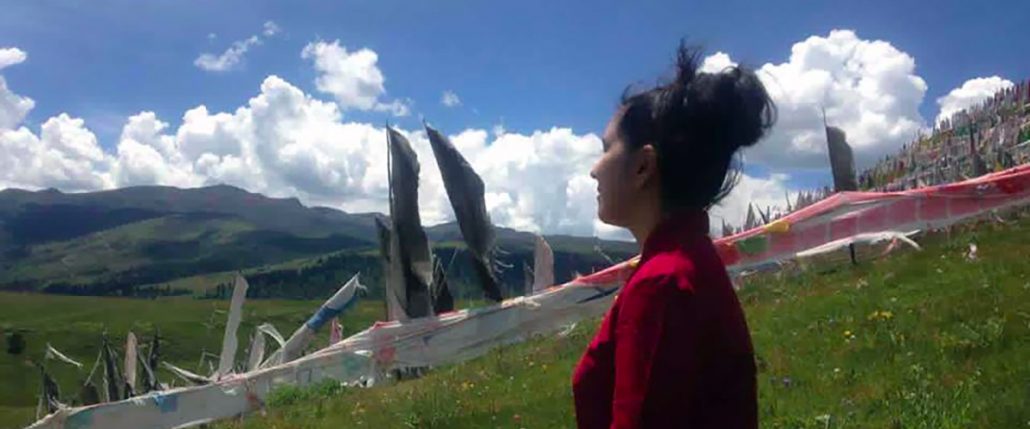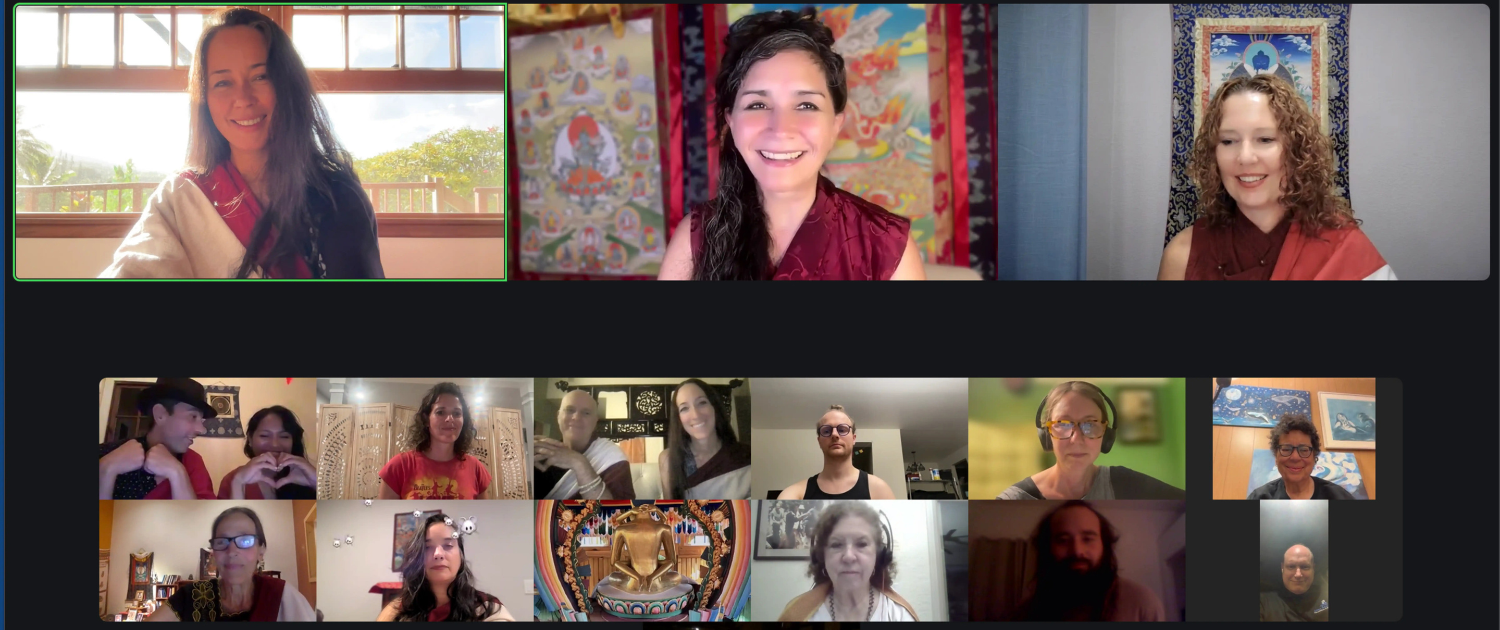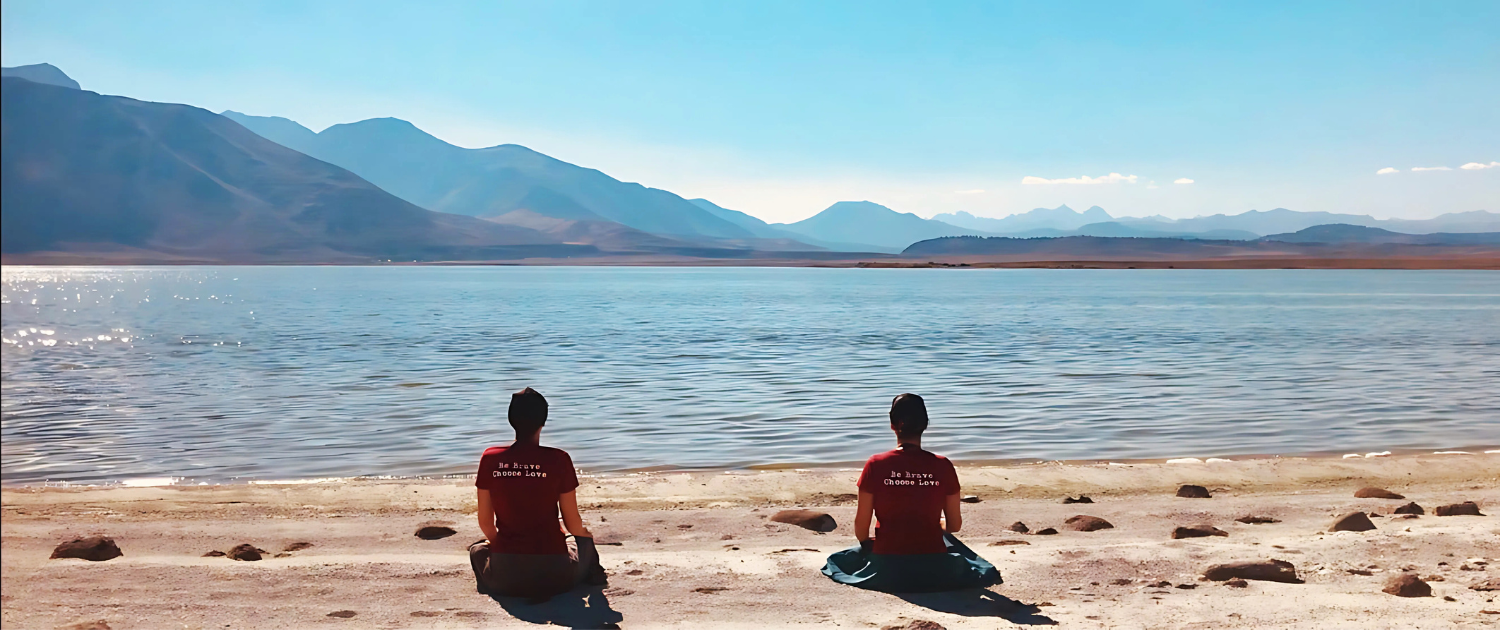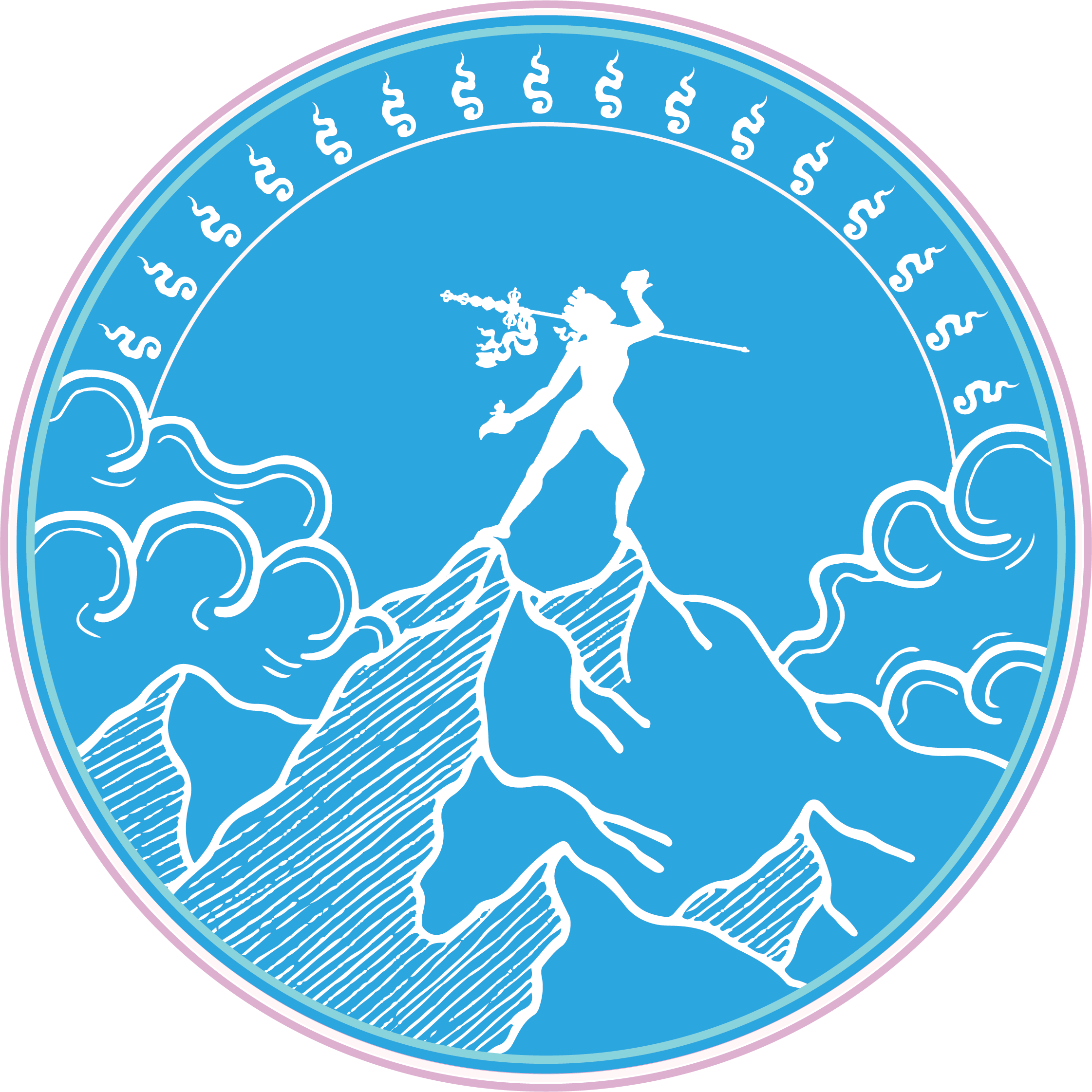A Lot Has Changed Since the Beginning of Mindfulness
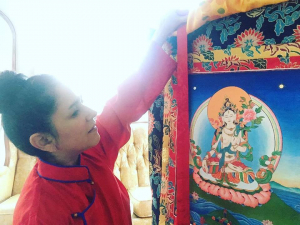 It has been a long time since the mindfulness movement began. It was catalyzed by groundbreaking early pioneers, for example, John Kabat-Zinn’s Mindfulness Based Stress Reduction programs in the 70’s and his inspiring book, Full Catastrophe Living, which was published in 1990. So much has changed since then. This was before before the internet became integrated with the fabric of our lives. This was before we were talking about the impacts of orientalism and colonialism in the appropriation of Buddhist traditions. This was before we were collectively thinking through the lens of trauma and addressing the question of why it is that we don’t always feel better when we meditate. This was before we were talking about power structures in teacher-student ethics. This was before the #metoo movement in Buddhism and before the collective awakening to racial trauma. This was before we had collectively woken up to the need for racial healing and diversity skills in the meditation class. These are defining concerns that change what the meditation teacher of the future is. It is why I developed the Meditation Teacher Training, with a deep wish to empower meditation teachers to meet the urgent and pressing contexts of our time.
It has been a long time since the mindfulness movement began. It was catalyzed by groundbreaking early pioneers, for example, John Kabat-Zinn’s Mindfulness Based Stress Reduction programs in the 70’s and his inspiring book, Full Catastrophe Living, which was published in 1990. So much has changed since then. This was before before the internet became integrated with the fabric of our lives. This was before we were talking about the impacts of orientalism and colonialism in the appropriation of Buddhist traditions. This was before we were collectively thinking through the lens of trauma and addressing the question of why it is that we don’t always feel better when we meditate. This was before we were talking about power structures in teacher-student ethics. This was before the #metoo movement in Buddhism and before the collective awakening to racial trauma. This was before we had collectively woken up to the need for racial healing and diversity skills in the meditation class. These are defining concerns that change what the meditation teacher of the future is. It is why I developed the Meditation Teacher Training, with a deep wish to empower meditation teachers to meet the urgent and pressing contexts of our time.
Meditation for Troubled Times
Some things do remain the same since the beginning of the mindfulness movement. The persistent suffering, the emotional dysregulation that dominates a life, and the sense of disembodiment and alienation that can overshadow a life. The power of meditation to stabilize and heal the body and mind is only more and more evident due to so much research. It is clear to me that, perhaps more than ever, there is a great need for meditation instructors who can serve as a soothing balm in these troubled times. But there are all these new questions that must be cared for in the training of new meditation instructors, or they will be ill equipped and underprepared for the great challenges that await.
Meditation with Philosophy & Ethics Intact
I originally initiated the Meditation Teacher Training with the intention in mind that Buddhist philosophy and ethics should be kept intact with meditation. As a scholar of Buddhist philosophy, I have long been impressed at how often people who were exposed to mindfulness training also longed to experience the fuller context of Buddhist philosophy and ethics. The curiosity and appetite for that knowledge is unending and I reimagined the training of the meditation teacher to return to that source material. Going beyond the artificial and ethnocentric construct of a secular/religious binary, imperative questions about the context of meditation loom large for meditators. What is meditation for? What is mind? How do we work with emotions? How is our consciousness conditioned by our values and actions? What is the point of meditation? How do the obstacles to meditation relate to our identity, to our body and to our society? These are just a few of the issues that Buddhist philosophy and ethics weigh in on and why I felt that they must be taught in tact with the meditation methods that were shaped by these very concerns.
Our Faculty
When Satya and Aruna joined me as co-teachers of the MTT, we developed the teaching into an online format to make it more accessible to people with full and demanding lives. I felt like we were standing together to face the challenge of nurturing and supporting the meditation instructors of the future. And that commitment has been expressed thoroughly in our new expanded training format.
Meditation Teachers of the Future
Now as we are poised to begin our next cohort of training, I am also proud to celebrate that our training addresses those invisible yet overwhelming factors that sit alongside us on the meditation cushion. We are always doing meditation practice in the context of power, sexuality, race, trauma and technology. This is not just a training in techniques, but instead in the robust array of traditional Buddhist meditation practices in tact with philosophy and ethics along with a deep care for how meditation teaching and practice intersects with issues of power, sexuality, race, trauma and technology. We are training the meditation teachers of the future.
New Beginnings
The new beginning of this program is good news in a time when it is so easy to be overwhelmed by all the stories of suffering and sorrow that appear in our news feeds everyday. I draw encouragement and relief from this beautiful project of creating empowered meditation instructors. It gives me great relief to know that they will be leaders that bring compassion, care and wisdom to a world that so sorely needs it and to know that they will be prepared and ready to meet the turbulent times ahead.
With joy,

